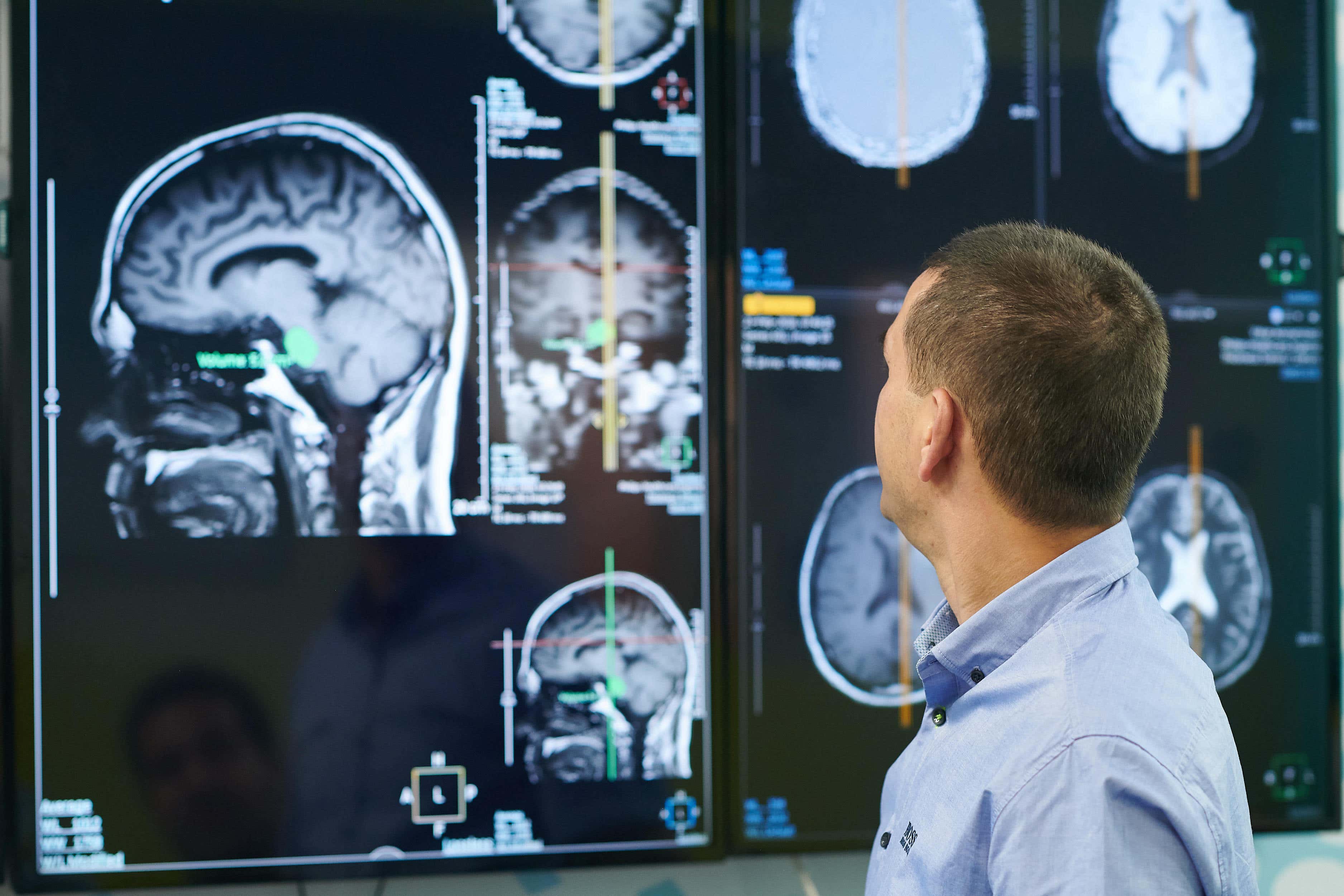Experts analyse brain scans in bid to develop tool to predict dementia risk
The group will study hundreds of thousands of CT and MRI scans using AI.

Your support helps us to tell the story
From reproductive rights to climate change to Big Tech, The Independent is on the ground when the story is developing. Whether it's investigating the financials of Elon Musk's pro-Trump PAC or producing our latest documentary, 'The A Word', which shines a light on the American women fighting for reproductive rights, we know how important it is to parse out the facts from the messaging.
At such a critical moment in US history, we need reporters on the ground. Your donation allows us to keep sending journalists to speak to both sides of the story.
The Independent is trusted by Americans across the entire political spectrum. And unlike many other quality news outlets, we choose not to lock Americans out of our reporting and analysis with paywalls. We believe quality journalism should be available to everyone, paid for by those who can afford it.
Your support makes all the difference.Scientists and researchers are set to examine hundreds of thousands of brain scans to build a software tool they hope will be able to predict a person’s risk of dementia.
A group of 20 experts will analyse data from CT and MRI scans using AI along with information contained in health records to find patterns that could indicate the likelihood of the condition developing.
The team aims to create a digital tool that radiologists can use when scanning patients to determine their dementia risk and diagnose early stages of related diseases.
They believe isolating a patient group with a high risk of dementia will enable the development of more precise treatments for various types of the condition, including Alzheimer’s.
The team is made up data scientists and clinical researchers from the universities of Edinburgh and Dundee who are working as part of a global research collaboration called NEURii, which launched a year ago.
They estimate they will analyse up to 1.6 million images during the project, which they are using with the approval of the Public Benefit and Privacy Panel for Health and Social Care, a part of NHS Scotland.
The data will be held safely in the Scottish National Safe Haven, which was commissioned by Public Health Scotland to provide a secure platform for the use of NHS electronic data for research.
Professor Will Whiteley of the University of Edinburgh’s Centre for Clinical Brain Sciences, who is co-leading the project, said: “Better use of simple brain scans to predict dementia will lead to better understanding of dementia and potentially earlier diagnosis of its causes, which in turn will make development of new treatments easier.
“Currently treatments for dementia are expensive, scarce and of uncertain value. If we can collect data from a large group of people at high risk, who then give their consent to take part in trials, we can really start to develop new treatments.”
With long waiting lists for diagnosis... a project like this to predict a person’s risk is extremely important
Professor Emanuele Trucco, an expert in AI and medical imaging at the University of Dundee, said: “This new data set will be of great use to neurological researchers.
“Should we establish a successful proof of concept, we will have a suite of software tools that are smoothly and unobtrusively integrated with routine radiology operations that assist clinical decision-making and flag the risk of dementia as early as possible.”
Former journalist Willy Gilder, 71, from Edinburgh, was diagnosed with Alzheimer’s three years ago. He welcomed the project and said: “We know that 45% of dementia cases are preventable, and The Lancet has published a list of risk factors including smoking, obesity and air pollution.
“If you know you’re at risk, you can make changes that are going to improve your brain health. Because I was diagnosed early, I know that keeping very mentally active, for example, is going to help me.
“Possible new treatments in development for Alzheimer’s are likely to work in the early stages of the disease, which is why early diagnosis is important. With long waiting lists for diagnosis, as well as relatively low funding for dementia research in general compared to cancer, a project like this to predict a person’s risk is extremely important.”